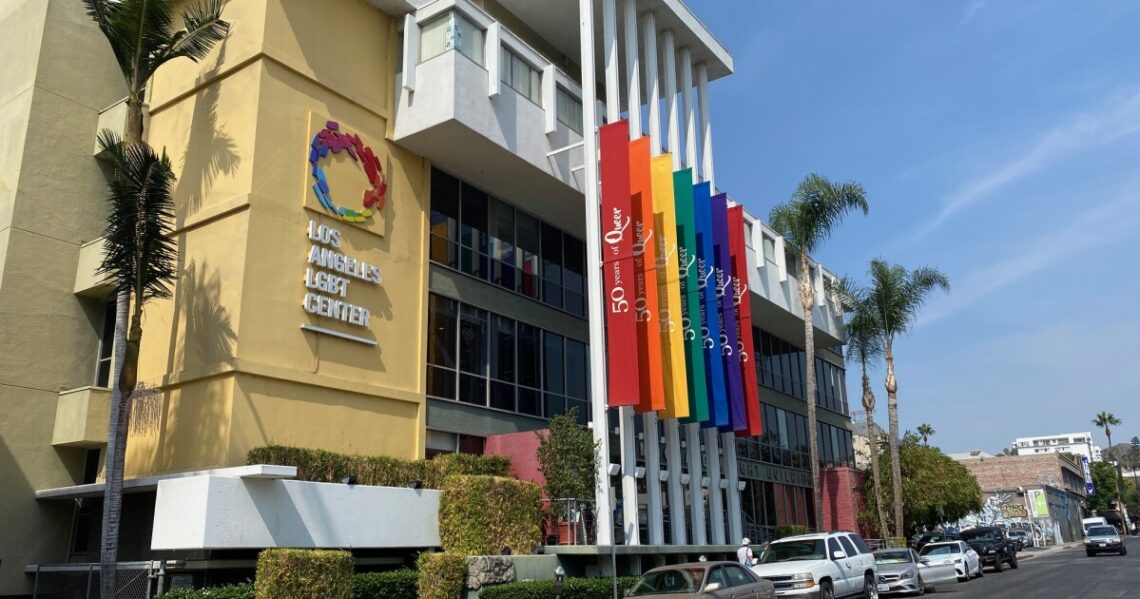Sometimes, finding the right therapist can be like searching for a needle in a haystack.
About Counselor vs. Therapist
-
For everyday people, the difference between these titles can be hazy. It can seem like mere semantics that refers to the same type of mental health service, but that’s not always the case. Sometimes, practitioners only use a label because of their license, practice-type or state rules on identification.
-
For the sake of this story, we’ll use the terms “counselor” and “therapist” interchangeably to refer to a licensed professional focused on mental health.
You can spend hours and money in sessions going over the same questions about your life just to feel like you and this person don’t quite mesh.
If you’re in the LGBTQ+ community, having a therapist that gets it (whatever that ‘it’ means to you) can make a big difference in your experience. You could have things to figure out that are tied to or influenced by your sexuality and gender. This is a guide to aid you in finding an LGBTQ-affirming therapist.
How and why do I start therapy?
Everyone’s situation will be different, but in general, therapy can be helpful when there’s something about your feelings or experiences that you’re having trouble navigating.
“We get a lot of people seeking help at the center because they are questioning gender and they want to talk that out,” said Kel Mathews, director of mental health at the
Read the full article here







